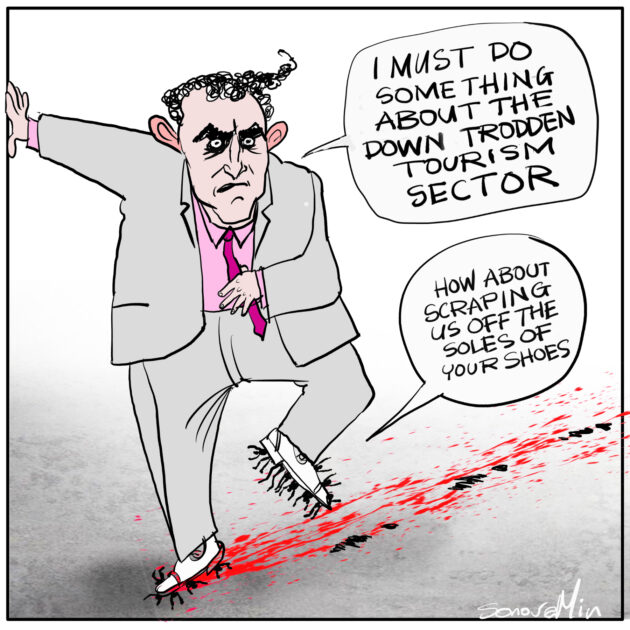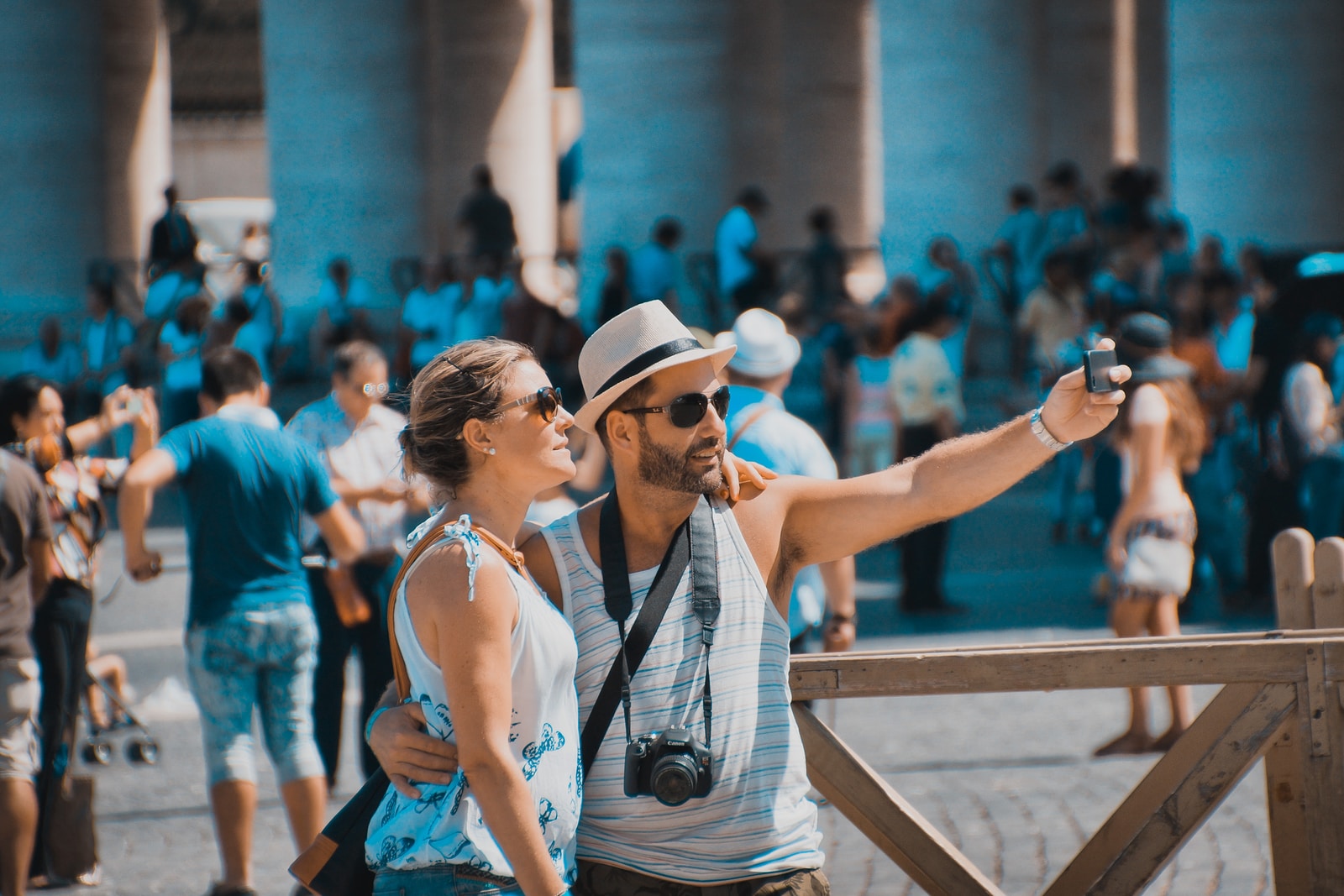Bryce Edwards
democracyproject.nz
Was political corruption involved in the dishing out of millions of dollars by government ministers to tourism businesses? We can’t know, because the Government didn’t keep sufficient records or have proper processes for the handouts. That’s the obvious question arising from a scathing report released by the Auditor General on Thursday, which has received far too little attention.
The Auditor General’s report investigates a scheme set up by the Government early in the Covid crisis (May 2020), called the Strategic Tourism Assets Protection Programme. The report is one of many that have criticised government procedures during Covid for their lack of integrity.
The multi-million-dollar scheme was set up to give money to local tourism businesses, with the aim of keeping them operating despite the lockdowns and the severe reduction in tourism. But every element of the scheme’s design seems to have been poor. While it’s unclear if any untoward handouts were actually made, this is precisely the point – procedures were set up in a way that makes it almost impossible to know.
In the end, 127 tourism businesses were given grants and loans worth at least $166 million. Dozens of businesses were turned down, and many more didn’t apply due to confusion over eligibility because the criteria for funding were so unclear.
Some of the biggest beneficiaries were large tourism operators that were owned by highly profitable companies – such as AJ Hackett Bungy, which was allocated $10m to help them through the pandemic.
Poor processes
According to the Auditor General, Ministers never developed clear criteria for how to dole out the money, and no proper records were kept on their decision-making process for who to give money to. Conventional funding processes were seemingly cast aside. And on investigation, the Auditor General’s office couldn’t get adequate explanations from the ministers as to why they gave millions to certain businesses.
Although it’s the prerogative of ministers to decide how they spend public money, the Auditor General points out in the report that such expenditure still comes with an obligation to ensure decision-making is transparent and consistent, and in this case, it wasn’t.
The advice of officials also seems to have been sidelined. Government departments such as Treasury were often kept out of the policy processes. And when the Ministry of Business Innovation and Employment advised the Government to call a halt to the programme, Ministers overruled this.
One of the problems with the scheme was the lack of criteria for eligibility. Although the scheme’s rules stated that businesses first needed to have “exhausted all other avenues of support” before being eligible, this criteria was neither clear to businesses, nor checked on by the Government when doling out the money – as no information was sought from applicants about their financial position.
In the end, about a quarter of businesses were actually given more money than they requested.
Favouritism from politicians?
The report refers to numerous examples of funding under this scheme that appear questionable. One example is the $1.5m given to Whale Watch Kaikoura. The money was doled out on the same day that Ministers made their decisions about funding criteria, and before that criteria had ever been advertised or the application process officially opened.
Apparently, this particular application was in the form of a letter that didn’t include any financial information about the business and its needs. The Auditor General’s office commented on this case that “We have not seen any evidence to identify what criteria the Tourism Recovery Ministers used when making this decision” and “We also did not see any advice from Ministry officials.”
The wider tourism sector reacted to this and other funding decisions with anger. Other operators that were rejected for funding, or led to believe they weren’t eligible, have complained that they’ve had to compete against other businesses that have government funding as well as being owned by large, profitable parent companies.

Some in the sector have called for their financially healthy competitors to pay the money back. So far, none have. Others have called for the Government to revise the scheme to be more transparent and with clearer criteria.
Some businesses clearly believe that the Government gave funding to their favourites. For example, the owner of Heritage Expedition, Aaron Russ, was reported as saying “I think 100 percent the government sat back and picked favourites and chose who they wanted to see at the finish line.”
Similarly, the owner of Cromwell’s Heliview Flights, Yolanda Foale, has complained:
“Us as a small business is having to compete against big business that has been favoured by government, and… on top of the Covid problems, it’s made life double difficult by having to compete against businesses that have been given a hand out”.
Some have also raised questions about why Maori-owned tourism businesses were required to meet a lower threshold for funding. According to the report, Government ministers developed a basic criteria in which each business was rated out of a possible 30 points for eligibility, and those businesses that received more than 15 points were funded.
Maori tourism businesses were exempt from needing to meet this threshold.

